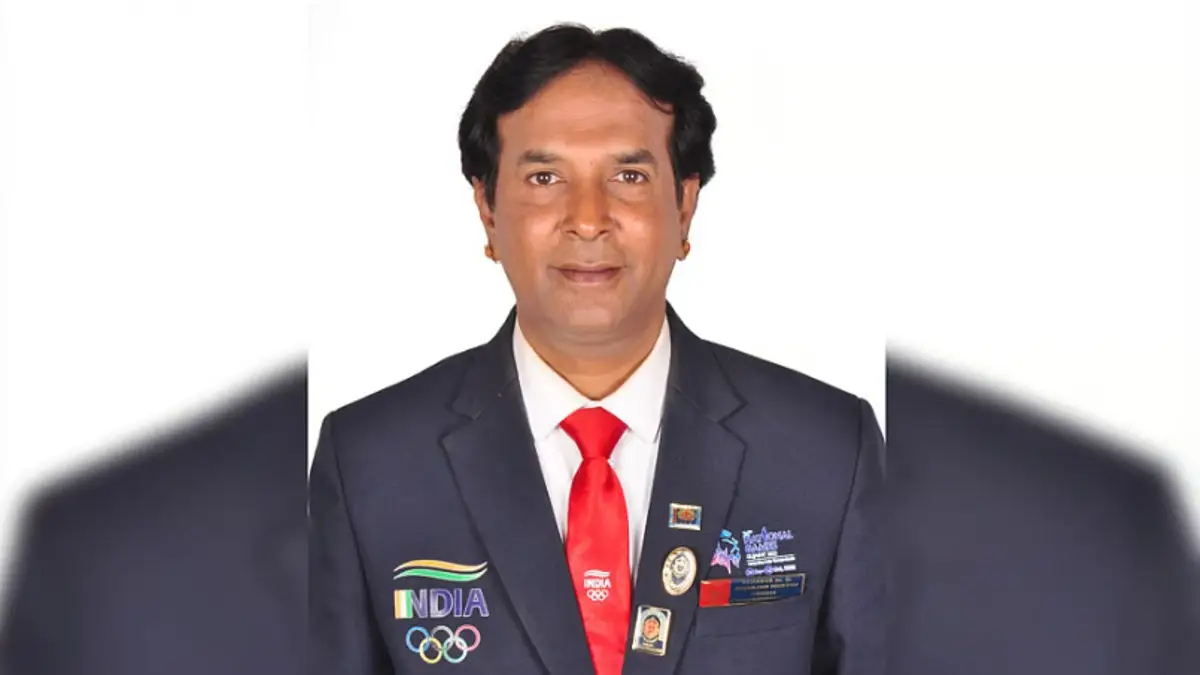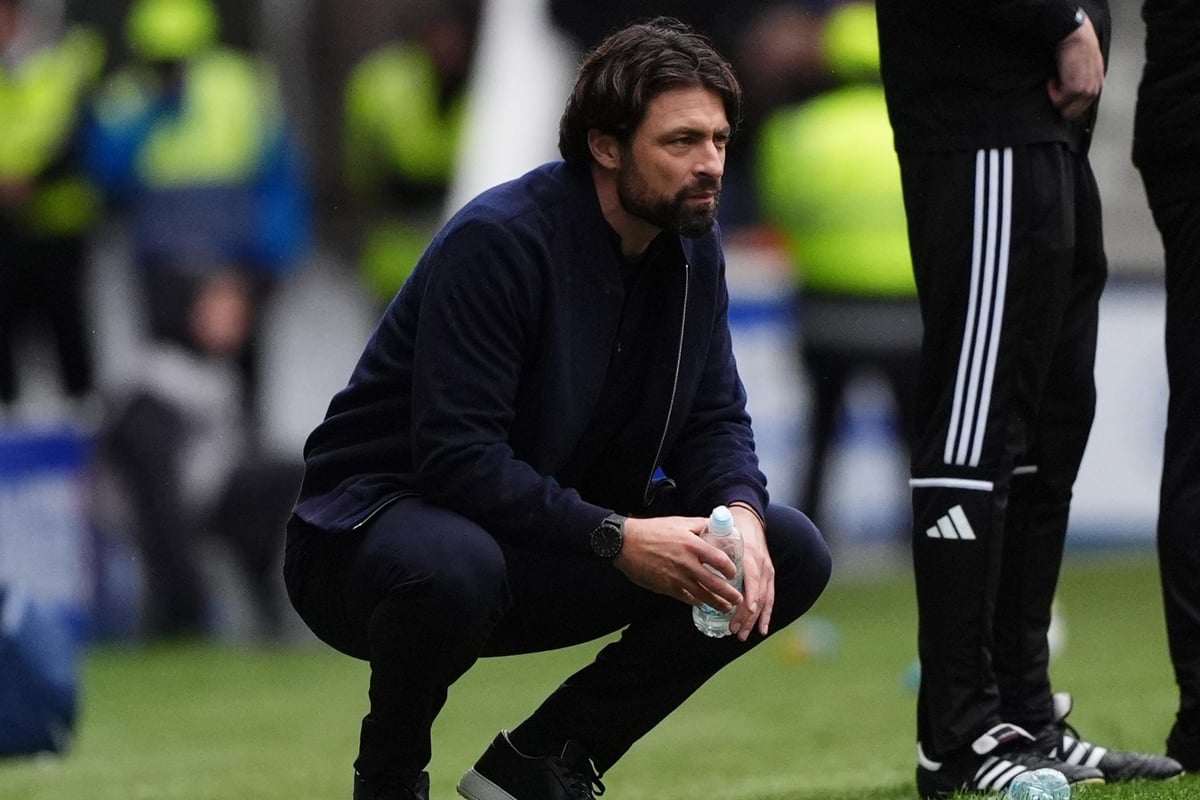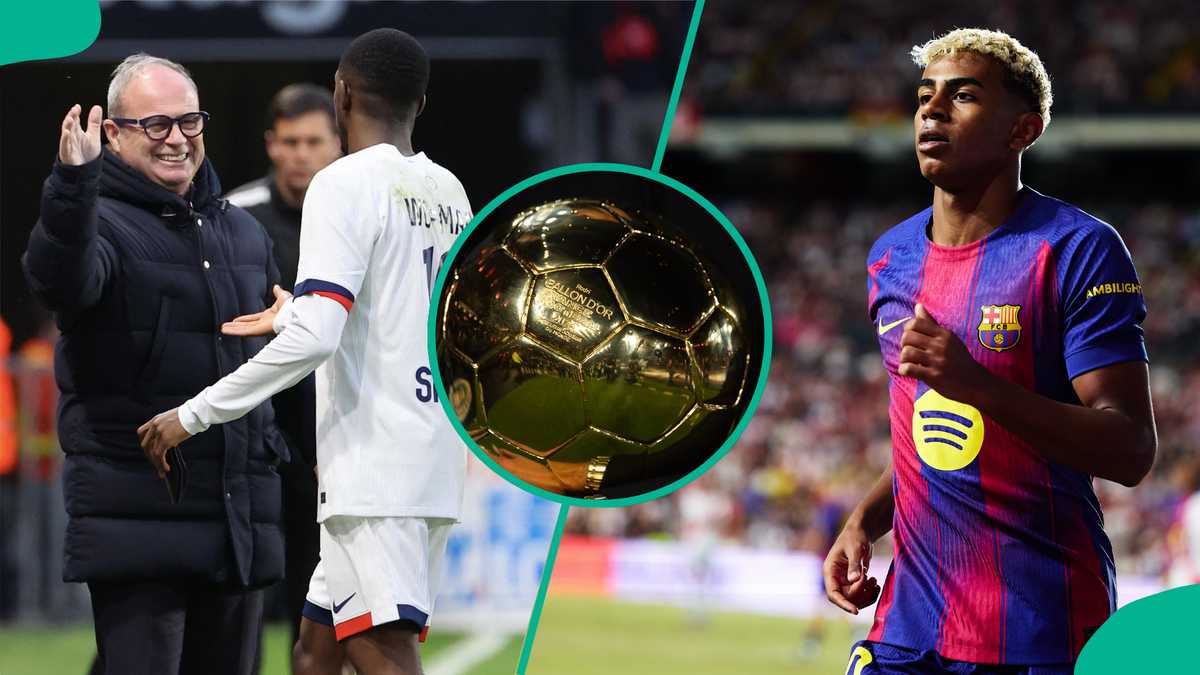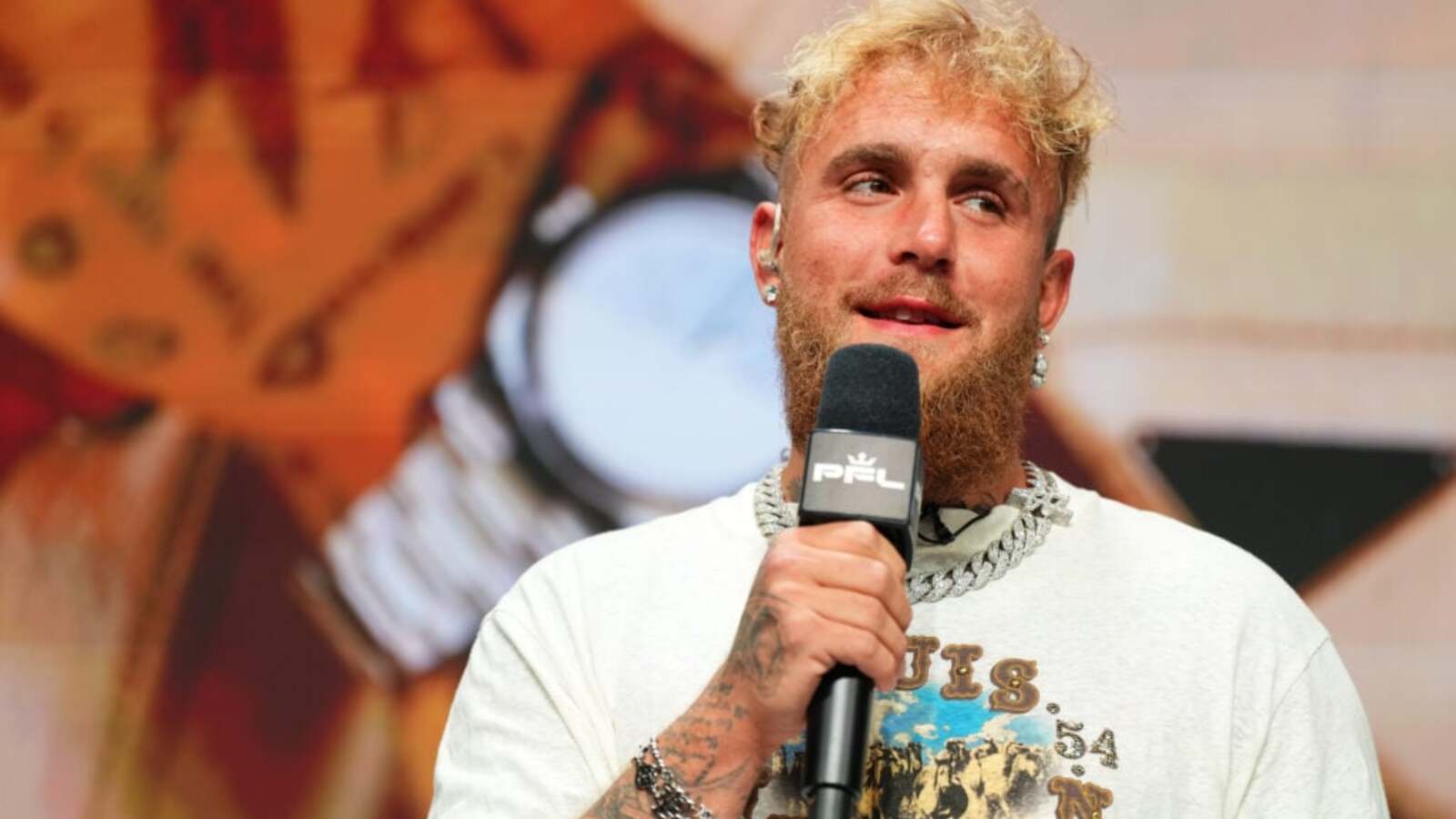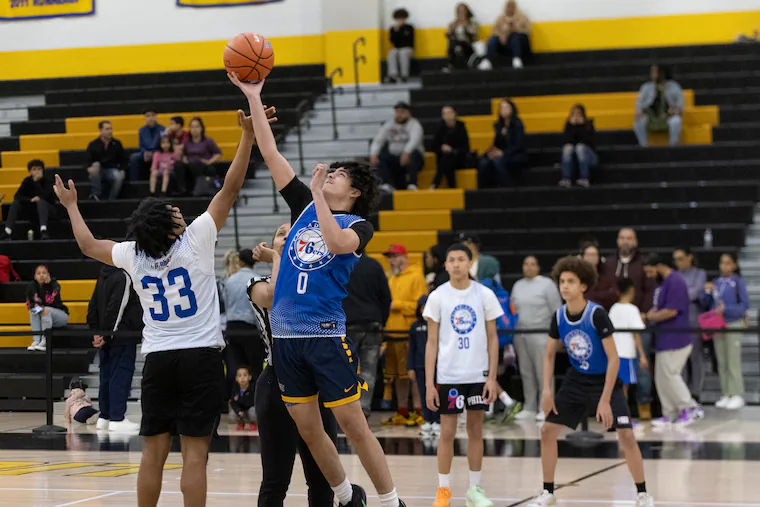
Numbers can be encouraging and still hide painful truths.
Homicides in Philadelphia fell 35% in 2024 and are down 18% this year. Gun violence is down 40%. Overall violent crime is also down. But here’s that painful truth peeking out from behind the numbers: 77% of violent crime occurs in just 10 of Philadelphia’s 21 police districts.
With violence still impacting too many neighborhoods, how do we keep our kids safe?
For 25 years, one of the answers to that has come from an unlikely place: the basketball courts of North Philly.
La Liga del Barrio, for which I serve as president, is an example of how structured, community-driven programs can accomplish this.
It started with a phone call. In 1999, then-City Councilmember Angel L. Ortiz spoke with 76ers general manager Pat Croce. Croce wanted to figure out how to put more Latinos in the stands at the Wachovia Center, and offered to invest in the Latino community to help drive spectatorship. Ortiz’s first thought was to create a basketball league in which Latino community leaders were directly engaged.
The league launched immediately as a Sixers program and was funded ($10,000 annually) by corporate sponsors. In November 2016, La Liga became its own nonprofit.
Twenty-five years later, La Liga is the city’s longest-running Latino youth sports league, serving more than 18,000 children, boys and girls ages 6 to 18. It started at Edison High School, but when the Philadelphia School District began charging outside groups for rentals, it moved to ASPIRA Educational Campus and then Lenfest North 10, Nueva Esperanza Charter, and Mariana Bracetti Academy Charter School, which became its permanent home.
La Liga’s full season runs from the first Saturday in December through the last Saturday in April. Because La Liga play is limited to one Saturday per week from 9 a.m. to 6 p.m., a total of 14 games are played on that day at the various gyms. This enables the organization to serve an average of about 320 kids per day, with a maximum of 384 when rosters run to 12 players.
The most important thing about this is that La Liga has focused on keeping those kids safely away from violence. If you compare citywide and district-level crime counts, using Philadelphia Police Department CompStat figures, against La Liga program hours during 25 event dates from January to September of 2025, the results are clear: zero violent incidents occurred at La Liga venues.
Even when districts logged hundreds of incidents, La Liga gyms stayed safe. For example, on Jan. 18, the 24th District recorded 353 total incidents, including 115 violent ones. But not a single violent incident occurred near La Liga’s gym that day. On summer Saturdays, during program hours, there were 116 incidents logged in the district, including 11 violent ones, but none at or near La Liga venues.
Basketball is the hook, but education and safety are the mission.
During La Liga games, players are in a supervised environment that prioritizes school first and community always. Every player submits a school progress report before taking the court. If their grades or behavior fall below a five out of 10, they start the game on the bench. Playing time is earned in the classroom first.
The formula works. Ninety-seven percent of participants recommend the program. Eighty-seven percent report improved teamwork. La Liga succeeds because it is community-driven. Long, 13-week seasons, plus summer sessions, mean that kids spend hundreds of hours in structured environments during high-risk times.
Research backs the model. Studies of midnight basketball in the 1990s found crime dropped in participating cities, while more recent research shows that after-school programs reduce juvenile crime.
But maybe the best measure is in the lives and the generational impact of the program:
Their jerseys hang retired, symbols of what’s possible when kids are given safety, structure, and mentorship.
However, despite its longevity and impact, La Liga still rents gyms and has to turn children away due to a lack of space.
We are in the process of raising $2.6 million to build a permanent home on the American Street corridor, plus $1.5 million for renovations. Its completion would be, like La Liga itself, about more than basketball — it would be a promise to children in North Philadelphia that there is a safe place to play, learn, and grow.
For 25 years, we have kept that promise as volunteers. With Philadelphia’s support, we can continue to keep it alive for the next 25.
